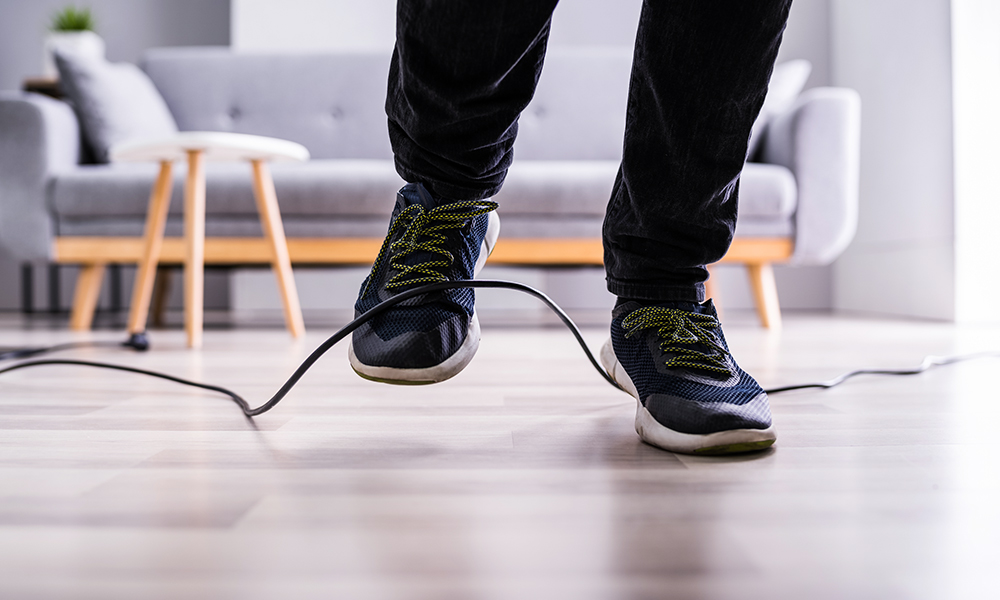The courts tend to consider work-related accidents as those that occur during working hours at the home of a person, who is teleworking.
The boom in the teleworking phenomenon, which has become commonplace in certain professions, makes it necessary to address the issue of telework accidents, as in this case, the line separating the daily tasks performed during a worker’s personal life from the fulfillment of his/her professional obligations is very thin.
Companies are not exempt from adopting measures aimed at protecting workers while they are working remotely. In this regard, employers must assess the risks and plan preventive activities for remote work, placing special emphasis on psycho-social, ergonomic, organizational and accessibility factors, as established by Article 16 of Law 10/2021, of July 9, on remote work.
There has been a wide range of comments in relation to the problem of defining a work-related accident and the assumption contained in Article 156.3 of Royal Legislative Decree 8/2015, of October 30, 2015 revising the General Law on Social Security, which states that “it is assumed, unless proven otherwise, that injuries suffered by a worker during working hours and in the workplace constitutive a work-related accident“.
Numerous rulings have attempted to establish the limits when, for example, this type of accident takes place on a rest break during working hours or when defining concepts as ambiguous as accidents in itinere.
In a judgment dated December 20, 2022, a labor court in Seville analyzed whether an accident suffered on a break during working hours in a place other than where the services were provided under a teleworking arrangement could be classified as a work-related accident. In this case, the court analyzed the fall by the worker down the stairs of his house during working hours, while he going to the ground floor of the building to get a bottle of water.
The court upheld the claim filed by the worker, confirming that the accident suffered was work related, as it was duly proven that the injuries he sustained took place at his home, where he normally performed his work remotely and during working hours, therefore concluding that there had been no rupture of the causal link between the work and the injury.
This has not been the only ruling to date in this regard and we can also highlight the judgment by the Labor Chamber of the High Court of Justice of Madrid of November 11, 2022, which also declared the injury suffered by a worker to his hand after a water bottle fell during working hours in the kitchen at his home as a work-related accident. We should also mention a judgment by Labor Court 3 of Santander, which was published in the media, declaring the accident as work related when a person who was working from home suffered a fall during working hours and was cut by a glass door. The court considered that the accident took place during working hours and that “it is not possible for a teleworker to be worse off than an ordinary worker”, applying the assumption that the accident occurred during his working hours.
However, not all incidents occurring at home while teleworking have been classified as a work-related accident, for example, the judgment by the Labor Chamber of the High Court of Justice of Galicia of February 25, 2022, which analyzed the case of a worker who reported pain in her left shoulder after turning her computer screen, however, as she was unable to prove that the injury occurred at the time she was teleworking, the sick leave was considered as due to common contingencies.
In short, there is a clear trend towards considering domestic accidents that occur during working hours as work-related accidents suffered by workers providing their services remotely, which means that prevention services need to take a closer look at the prevention of occupational risks in this type of service and that companies should take maximum precautions in the preventive measures adopted.






